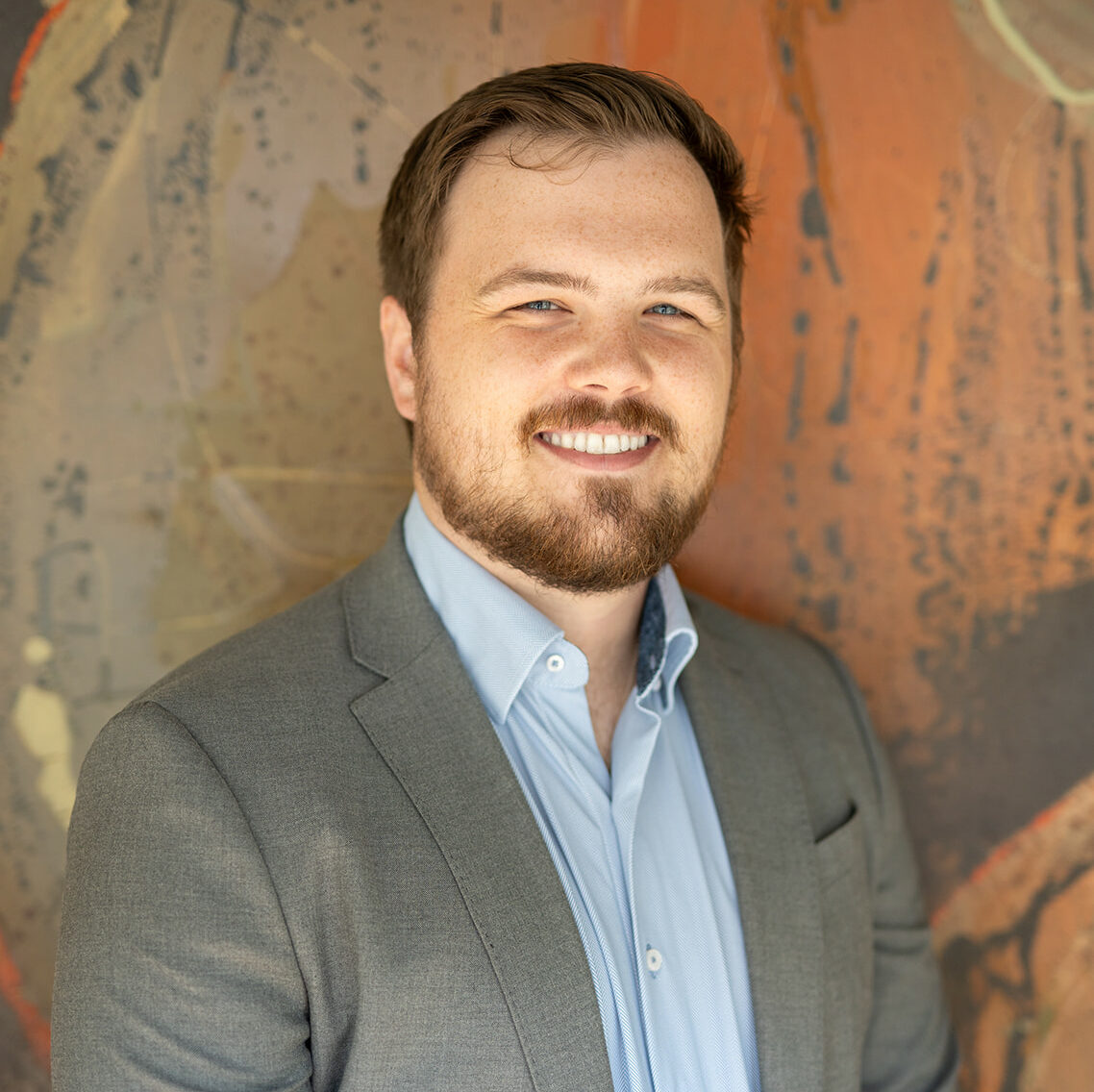The U.S. Supreme Court in Warner Chappell Music, Inc., v. Nealy, 601 U.S. __, (2024) held that the Copyright Act does not place a time limit on a successful plaintiff’s monetary recovery. The Court expressly declined to decide a connected but distinct question regarding when a copyright plaintiff’s claim “accrues” under the Copyright Act. The Court’s decision in Nealy allows plaintiffs in jurisdictions such as the Eighth Circuit (including Minnesota) to potentially recover decades worth of infringement damages if the infringement is discovered at a later date.
Facts
Sherman Nealy and Tony Butler formed a music production company called Music Specialist, Inc. in 1983. During the existence of Music Specialist, Inc, the duo produced one album and several singles, including the works at issue in Nealy. After producing their records, Nealy served two prison terms from 1989-2008 and from 2012-2015. During Nealy’s stints in prison, Butler had entered into a licensing agreement with Warner Chappell Music, Inc. for Music Specialist’s works. Warner Chappell then proceeded to license Music Specialist’s music to other artists and entities. In 2018, after being released from prison, Nealy sued Warner Chappell for copyright infringement.
Time-Limited Damages
The issue before the Court was whether the recoverable damages in a timely filed infringement claim under the Copyright Act are “limited to the three years prior to the filing of the action.” In a 6-3 decision, the U.S. Supreme Court held that, “a copyright owner possessing a timely claim is entitled to damages for infringement, no matter when the infringement occurred.”
Justice Elena Kagan, writing for the majority, found that, while § 507(b) of the Copyright Act “establishes a three-year period for filing suit, beginning to run when a claim accrues”, the limitation on bringing a timely infringement suit “establishes no separate three-year period for recovering damages.” The Court held that “if any time limit on damages exists, it must come from the [Copyright] Act’s remedial sections. But those provisions likewise do not aid a long-ago infringer. They state without qualification that an infringer is liable either for statutory damages or for the owner’s actual damages and the infringers profits.”
Discovery Rule
The Court’s opinion in Nealy explicitly declined to rule on whether a claim of infringement “accrues” under the Copyright Act once the act of infringement occurs or when the act of infringement is discovered. The Court’s earlier opinion in Petrella v. Metro-Goldwyn-Mayer, Inc., 572 U.S. 663 (2014) addressed these two interpretations. Under the traditional rule, “a copyright claim accrues when an infringing act occurs.” However, a second interpretation, known as the “discovery rule,” holds that “a claim accrues when the plaintiff discovers, or with due diligence should have discovered, the infringing act.” In Nealy the Court “assume[d] without deciding that a claim is timely under [§ 507(b)] if brought within three years of when the plaintiff discovered an infringement.” The parties in Nealy did not dispute whether the discovery rule applied at the trial court level and Warner Chappell, in fact, initially “accepted that the discovery rule governed the timeliness of Nealy’s claims.” The Court, therefore, chose to skirt the issue of whether the Copyright Act authorizes the discovery rule, in favor of settling the circuit split on the issue of whether a plaintiff can recover infringement damages that arose more than three years before the suit was commenced.
In his dissent, Justic Neil Gorsuch opined that the Court’s decision to leave the discovery rule for another day would result in the Court’s opinion in Nealy becoming “a dead letter.” Justice Gorsuch argued that, while the Petrella case did allow for instances in which a plaintiff could sue for copyright infringement after the discovery of that infringement and beyond the three-year limitation window, such a rule should only be applied “in cases of fraud or concealment.”
The Eighth Circuit (which covers Minnesota) is one of the circuits in favor of using the discovery rule, and the rule has a strong precedential pedigree. E.g., Comcast of Illinois X v. Multi-Vision Elecs., Inc., 491 F.3d 938, 944 (8th Cir. 2007) (“In federal question cases, the discovery rule applies in the absence of a contrary directive from Congress.” (quoting Union Pac. R.R. Co. v. Beckham, 138 F.3d 325, 330 (8th Cir. 1998))); FurnitureDealer.Net, Inc v. Amazon.com, Inc., No. CV 18-232 (JRT/HB), 2022 WL 891473, at *21 (D. Minn. Mar. 25, 2022) (“Courts within the Eighth Circuit have uniformly applied the discovery rule in copyright-infringement cases.” (citing Design Basics, L.L.C. v. Carhart Lumber Co., No. 8:13CV125, 2016 WL 424974, at *3 (D. Neb. Feb. 3, 2016)))).
Conclusion
The U.S. Supreme Court’s decision in Nealy opens the door to significantly higher damages awards for successful plaintiffs than was previously possible in jurisdictions that limited damages to three years. However, the Court’s decision not to address the discovery rule will likely result in a similar case returning to the Court to resolve the wide split in the circuits. In the Eighth Circuit, plaintiffs (including those in Minnesota) who first discover infringement years after the first instance of infringement, could potentially recover damages for the entire span of the infringer’s actions.
If you learn that your copyrighted work is being, or has been, infringed upon, you should contact a copyright lawyer immediately to consider whether starting an action to protect your rights under the three-year limitation period is appropriate.
_______________
About the Author:
Christopher T. Porter is a Minnesota copyright attorney located in Minneapolis, Minnesota who handles disputes and registrations under the Copyright Act. He can be reached at cporter@trepanierlaw.com or at 612.455.6218. Trepanier MacGillis Battina P.A. is a Minnesota business law firm located in Minneapolis, Minnesota that handles Minnesota copyright law.




